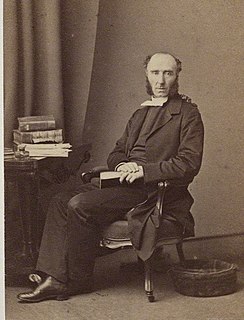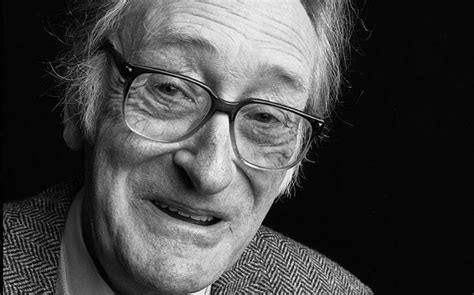A Quote by Carl Jung
The mind has grown to its present state of consciousness as an acorn grows into an oak, or as saurians developed into mammals.
Related Quotes
Time is different for a tree than for a man. Sun and soil and water, these are the things a weirwood understands, not days and years and centuries. For men, time is a river. We are trapped in its flow, hurtling from past to present, always in the same direction. The lives of trees are different. They root and grow and die in one place, and that river does not move them. The oak is the acorn, the acorn is the oak.
Apart from the positive woes of perdition, an eternity of wretchedness grows from the want of love to Christ as naturally as the oak grows from the acorn, or the harvest from the scattered grain. It is not that love to Christ merits heaven; it does far better, it makes heaven. It is, as it were, the organ of sensation that takes note of heaven's blessedness.
We are, in a certain way, defined as much by our potential as by its expression. There is a great difference between an acorn and a little bit of wood carved into an acorn shape, a difference not always readily apparent to the naked eye. The difference is there even if the acorn never has the opportunity to plant itself and become an oak. Remembering its potential changes the way in which we think of the acorn and react to it. How we value it. If an acorn were conscious, knowing its potential would change the way that it might think and feel about itself.
Existence is only in the present. Mind is never in the present. In fact, the moment you are in the present, there is no mind in you, there is great silence. The whole sky of your inner being is without thoughts, without clouds. I call this the state of no-mind. Only in this state of no-mind do you meet existence. And that meeting is the ultimate ecstasy. Once you have tasted it, you will never bother about the future.
The downside was that for 400 years, science has grown up, has arisen and developed as a purely materialist concept and avoided the subject of mind and consciousness, leaving it to the realm of religion. Only with the founding of quantum science in the early part of the 20th century have we realized that the Cartesian Duality is wrong, that body, mind, physicality do interact and they're interrelated.
You are so accustomed to think of yourselves as bodies having consciousness that you just cannot imagine consciousness as having bodies. Once you realize that bodily existence is but a state of mind, a movement in consciousness, that the ocean of consciousness is infinite and eternal, and that, when in touch with consciousness, you are the witness only, you will be able to withdraw beyond consciousness altogether.





































